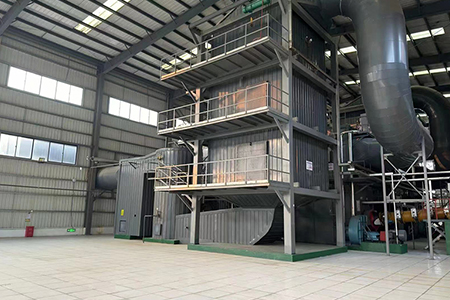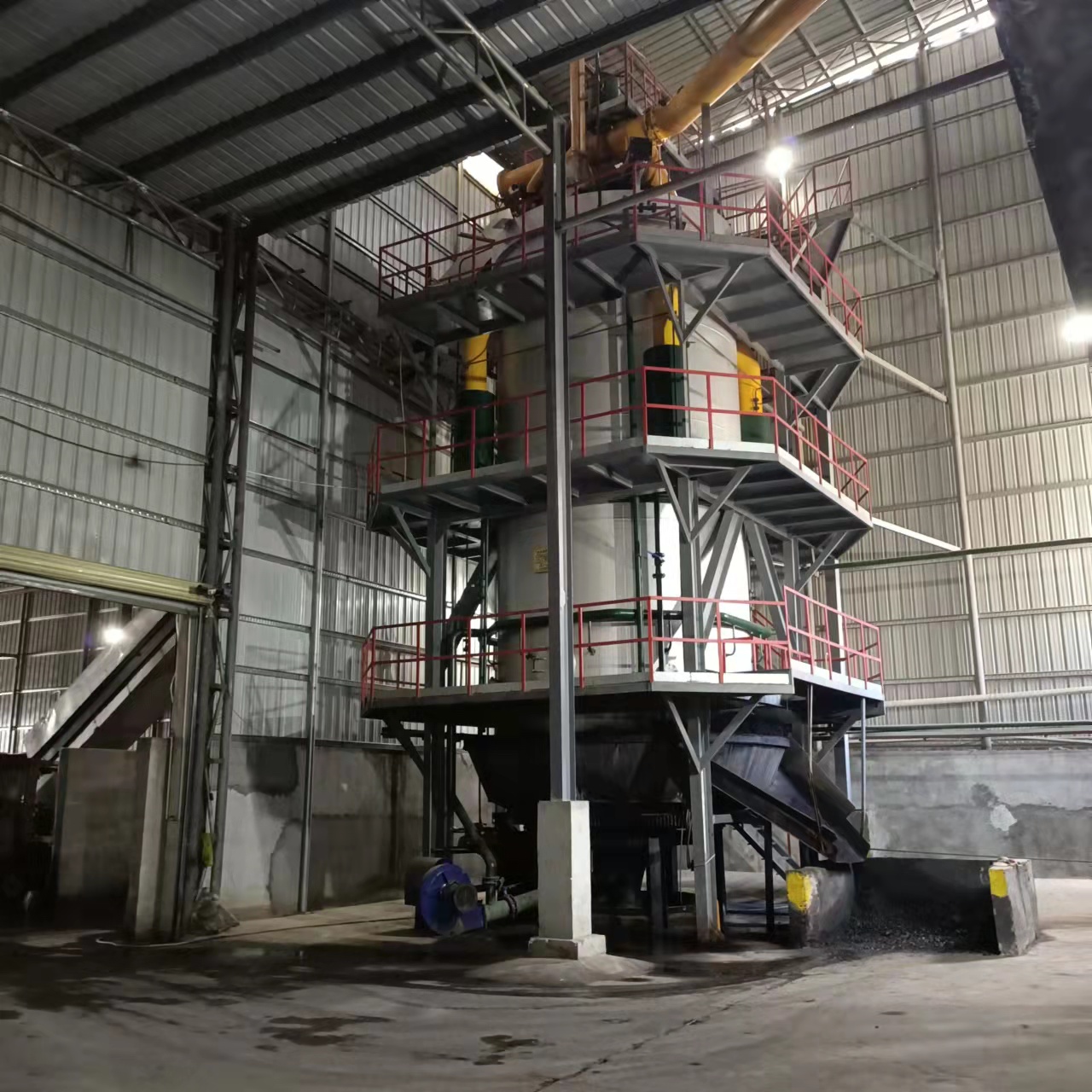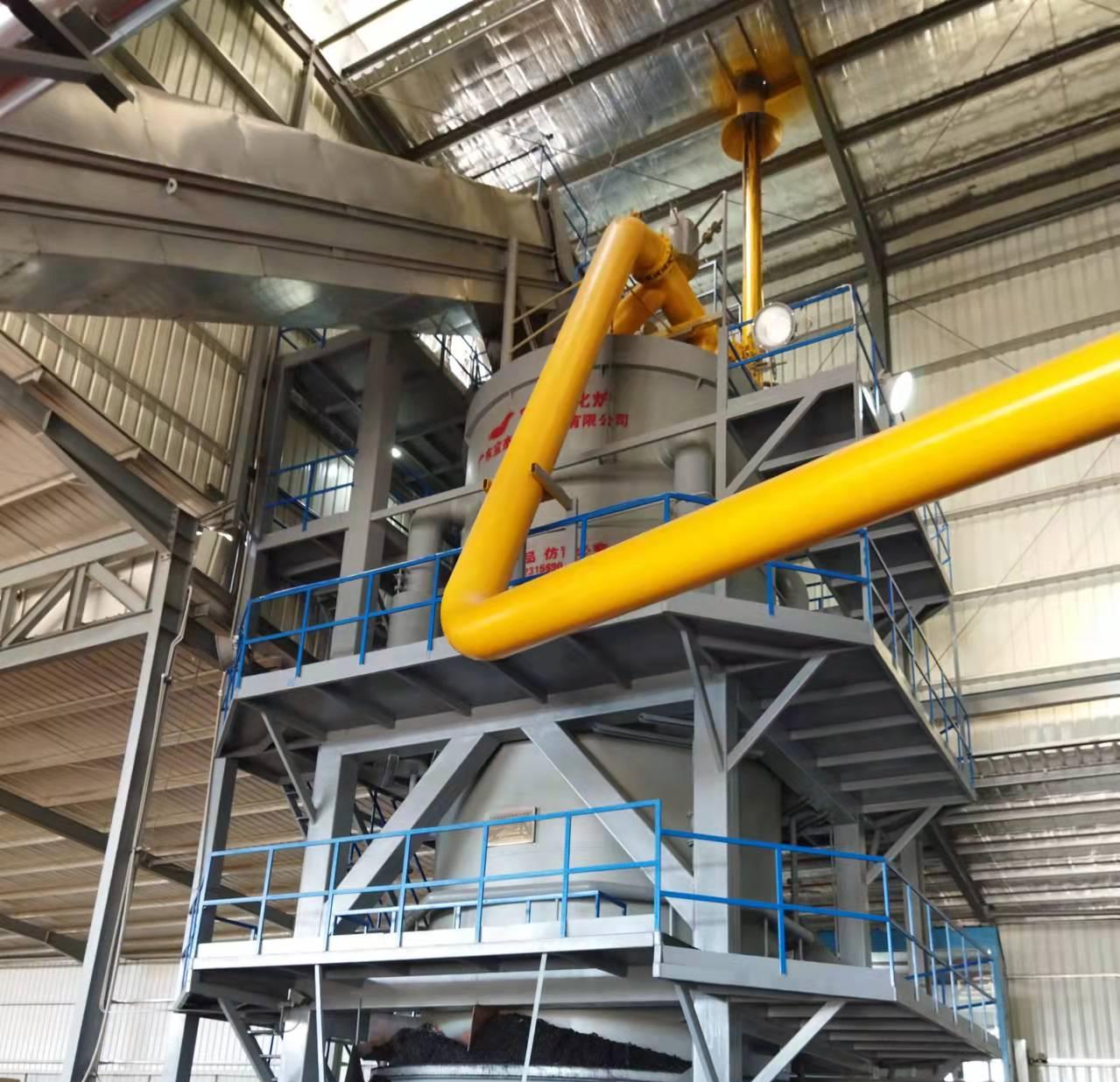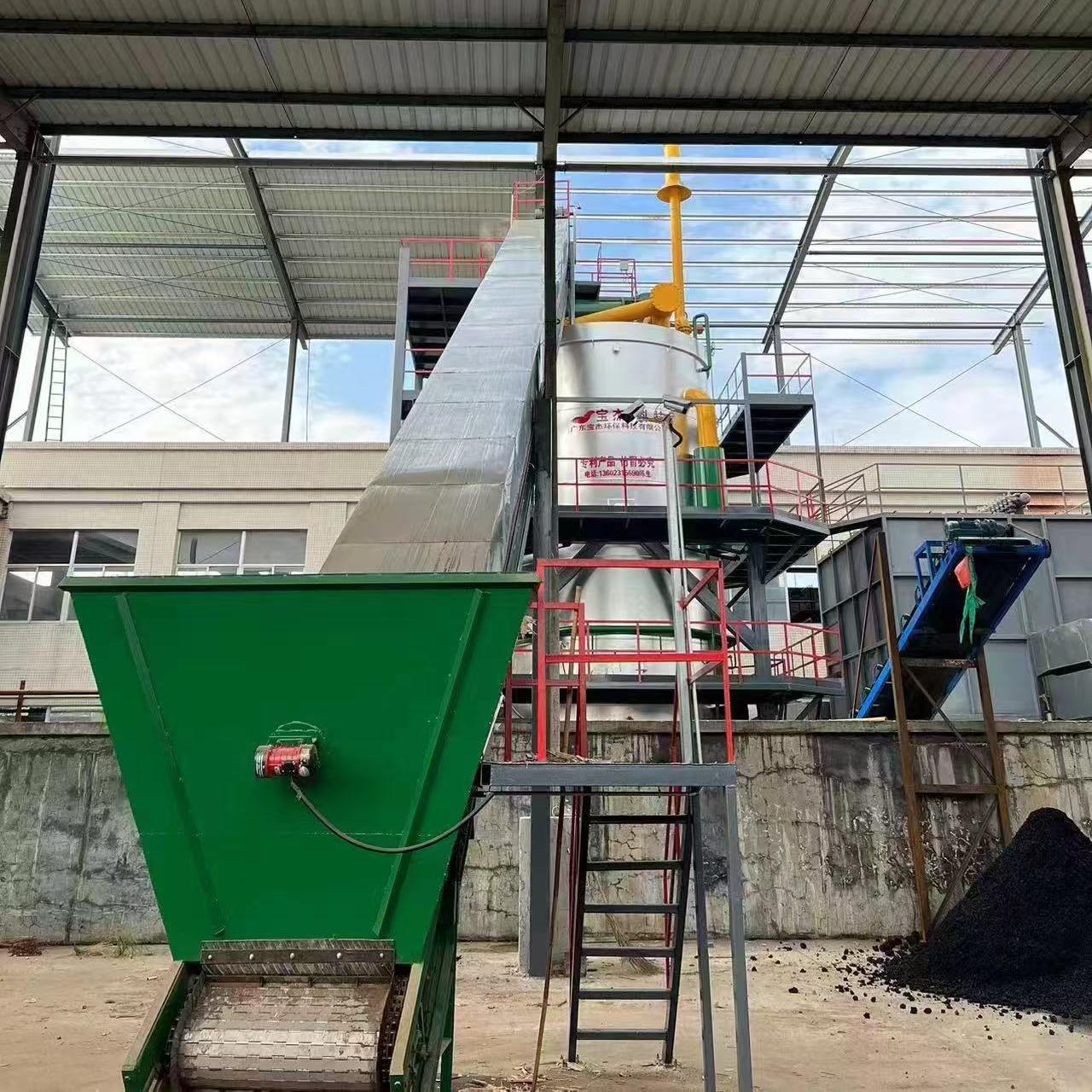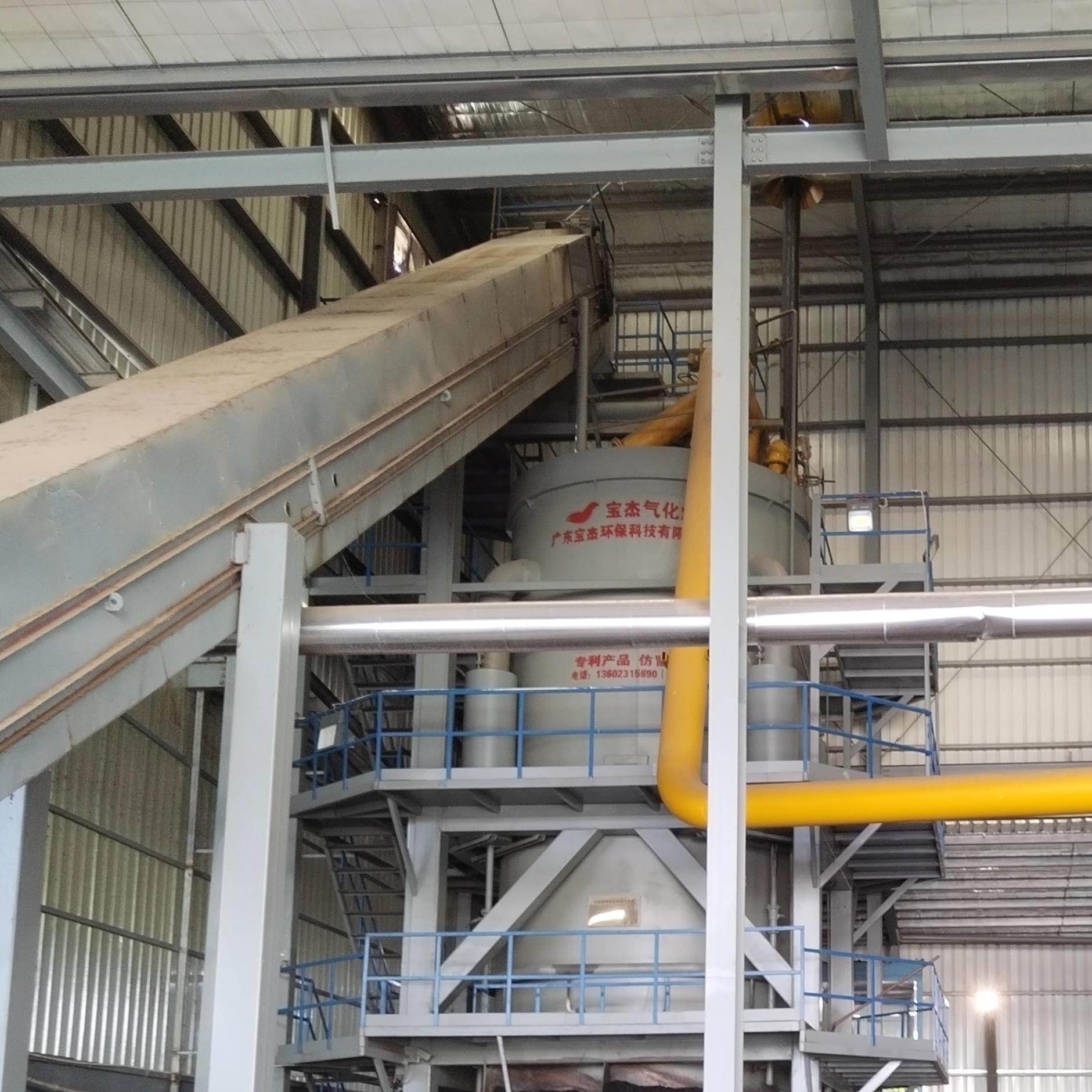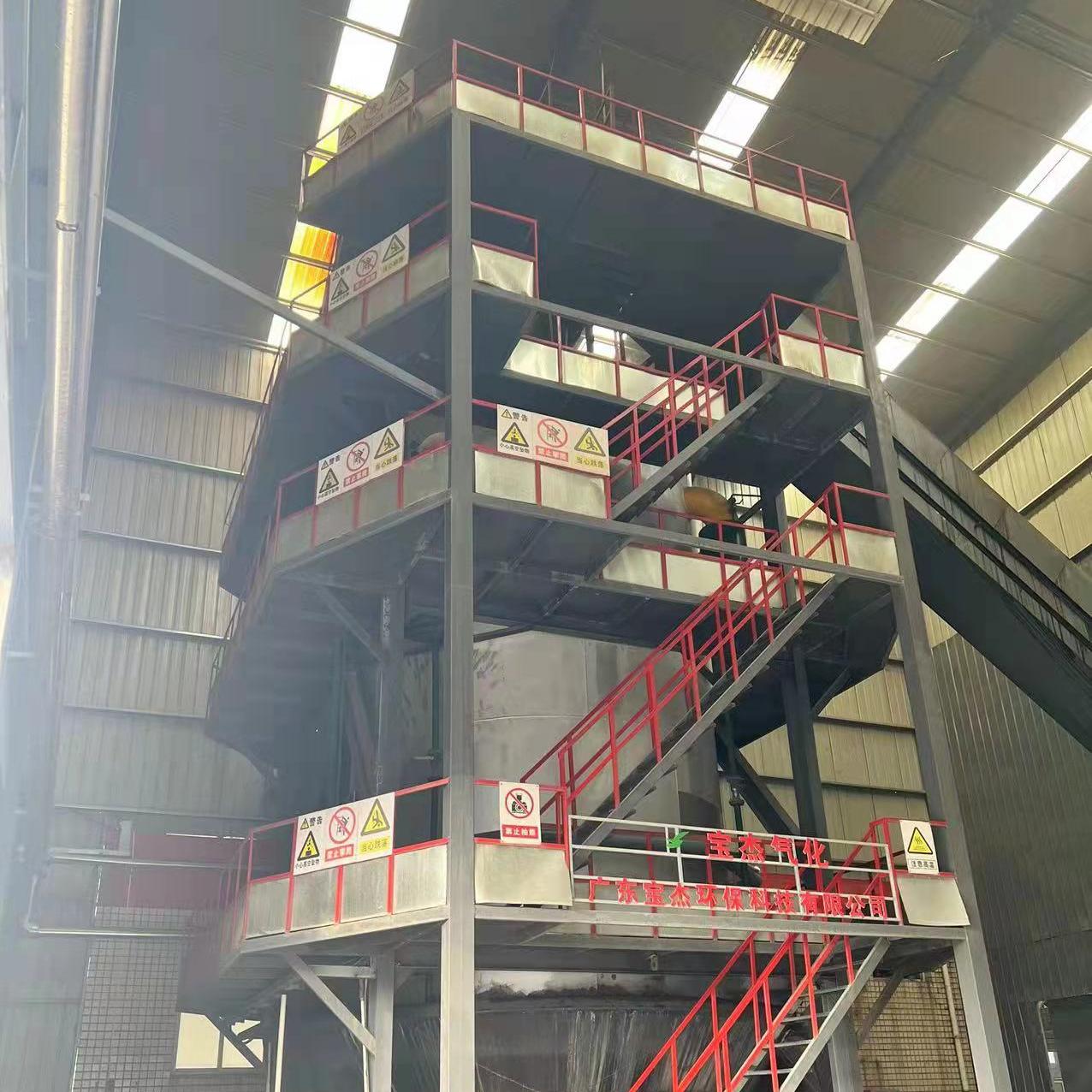R&D and manufacture of biomass gasification equipment, environmental protection equipment, boiler equipment, investment in heating (steam) energy operation and management.
Tel:+86 0769-82928980
E-mail:[email protected]
Web Menu
Product Search
Exit Menu
Industry News
What Industries Benefit Most from Using a 10 Ton Insulated Furnace Gas Boiler?
Boilers are a cornerstone of industrial energy systems, providing reliable steam and hot water for a wide range of applications. Among them, the 10 ton insulated furnace gas boiler stands out as a versatile and efficient choice. With a capacity of generating around 10 tons of steam per hour, coupled with advanced insulation that minimizes heat loss, this type of boiler offers an ideal balance of performance, energy savings, and environmental compliance.
But which industries benefit the most from this equipment? In this article, we will explore the core advantages of insulated gas boilers and analyze the sectors where they deliver the greatest value.
Why Choose a 10 Ton Insulated Furnace Gas Boiler?
Before diving into specific industries, it’s important to understand what makes this boiler type advantageous:
- High Efficiency – The insulation reduces thermal losses, ensuring more energy is converted into usable steam or heat.
- Fuel Flexibility and Clean Combustion – Natural gas, LPG, or other clean fuels reduce emissions compared to coal-fired alternatives.
- Cost Savings – Lower fuel consumption due to efficient insulation results in reduced operating costs.
- Environmental Compliance – Meets increasingly strict global standards on carbon emissions.
- Versatility – Suitable for both process heating and power generation across multiple industries.
These features make the 10 ton insulated furnace gas boiler a strong candidate for industries that demand large volumes of consistent heat or steam.
Key Industries That Benefit
1. Food and Beverage Industry
The food and beverage sector is one of the largest consumers of steam. Steam is vital for cooking, sterilization, pasteurization, drying, and cleaning processes.
-
Applications:
- Pasteurizing milk and juice.
- Brewing beer and distilling spirits.
- Sterilizing equipment in dairy and meat processing.
-
Benefits:
The insulation ensures consistent steam quality, which is crucial for maintaining food safety standards. Lower energy costs also help reduce overall production expenses.

2. Textile and Garment Industry
Textile production is energy-intensive, requiring large volumes of heat and steam for dyeing, finishing, and washing fabrics.
-
Applications:
- Dye fixation and drying.
- Steam ironing and pressing.
- Bleaching and scouring processes.
-
Benefits:
The 10 ton insulated furnace gas boiler delivers steady temperature control, which is essential for uniform fabric quality. The improved energy efficiency directly reduces manufacturing costs, making it especially attractive in competitive textile markets.
3. Chemical and Pharmaceutical Industry
Both chemical and pharmaceutical manufacturers depend on precise and reliable heating processes for synthesis, formulation, and quality control.
-
Applications:
- Reactor heating for chemical synthesis.
- Sterilization of pharmaceutical equipment.
- Production of solvents, resins, and coatings.
-
Benefits:
With advanced insulation, boilers maintain consistent operating conditions, which is critical in industries where even slight temperature fluctuations can affect product quality. Additionally, cleaner fuel combustion supports compliance with strict environmental and safety standards.
4. Paper and Pulp Industry
Paper mills consume vast amounts of steam for pulping, drying, and finishing. Energy costs are among the largest expenditures in this sector.
-
Applications:
- Digesters and chemical recovery.
- Drying paper sheets.
- Pulp bleaching.
-
Benefits:
The insulated furnace gas boiler provides high-efficiency steam production, helping mills reduce operational costs while maintaining the continuous steam flow necessary for uninterrupted production.
5. Construction Materials Industry
Industries producing cement, gypsum boards, insulation, and other construction materials rely heavily on thermal energy.
-
Applications:
- Heating kilns and dryers.
- Autoclaving in lightweight concrete block production.
-
Benefits:
The large capacity of a 10 ton boiler makes it suitable for batch processes, while insulation ensures energy savings over long production cycles. This translates into reduced fuel costs and improved competitiveness.
6. Hospitals and Healthcare Facilities
Although not always thought of as industrial users, hospitals often require large-scale boilers to meet their demand for sterilization, heating, and hot water.
-
Applications:
- Sterilizing medical instruments.
- Central heating systems.
- Laundry services and hot water supply.
-
Benefits:
Insulated boilers reduce energy waste, which is especially valuable in institutions operating around the clock. Reliable steam supply also supports infection control and patient safety.
7. Breweries and Distilleries
Brewing and distilling are processes that rely heavily on precise heating and steam application.
-
Applications:
- Mashing and boiling in breweries.
- Distillation of spirits.
-
Benefits:
The insulation in the boiler minimizes temperature fluctuations, ensuring flavor consistency and production efficiency. For breweries, efficiency directly impacts profitability.
8. Automotive and Manufacturing Plants
Many heavy manufacturing industries rely on steam for both heating and specific production processes.
-
Applications:
- Parts cleaning and surface treatment.
- Heating systems for workshops and factories.
- Powering turbines for cogeneration.
-
Benefits:
Insulated gas boilers provide both process heat and facility heating at lower operational costs, enhancing productivity.
Advantages of Insulated Gas Boilers Across Industries
Regardless of the sector, certain universal benefits make insulated gas boilers an attractive choice:
- Energy Efficiency: Reducing heat loss means less fuel is required to produce the same output.
- Operational Stability: Stable temperatures and pressure improve product quality.
- Environmental Responsibility: Cleaner combustion supports sustainable practices.
- Cost Savings: Long-term fuel savings and reduced maintenance costs.
The Future of Boilers in Industrial Applications
As industries worldwide face stricter emissions regulations and increasing energy costs, insulated gas boilers are becoming the standard. The integration of automation, IoT monitoring, and hybrid fuel systems further enhances their efficiency and adaptability. Future trends point toward combining insulation with smart energy management systems to achieve even greater sustainability.
Conclusion
The 10 ton insulated furnace gas boiler is not limited to one sector—it delivers measurable benefits across food and beverage, textiles, pharmaceuticals, paper, construction, healthcare, brewing, and manufacturing industries. Its balance of high capacity, energy efficiency, and environmental compliance makes it an essential tool for companies striving to reduce costs while maintaining quality and sustainability.
In today’s competitive industrial landscape, selecting equipment that provides both economic and ecological advantages is vital. By investing in insulated furnace gas boilers, industries can secure reliable steam supply, reduce operational expenses, and take a step forward toward greener, more efficient production.
Quick Links
Products
contact Us
 Tel: +86 0769-82928980
Tel: +86 0769-82928980 Fax: [email protected]
Fax: [email protected] E-mail: [email protected]
E-mail: [email protected] Company Address: Dalang Chamber of Commerce Building, No. 288 Yinlang South Road, Dalang Town, Dongguan City 13333, China
Company Address: Dalang Chamber of Commerce Building, No. 288 Yinlang South Road, Dalang Town, Dongguan City 13333, China Factory Add:
West side of Centre Road and south side of Zhongyuan Road within Hongcaoyuan, Hongcao Town, Shanwei Urban District
Factory Add:
West side of Centre Road and south side of Zhongyuan Road within Hongcaoyuan, Hongcao Town, Shanwei Urban District
Copyright© 2022 Guangdong Bao Jie Technology Co., Ltd.All Rights Reserved.


 EN
EN 